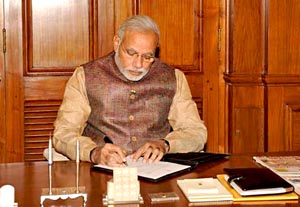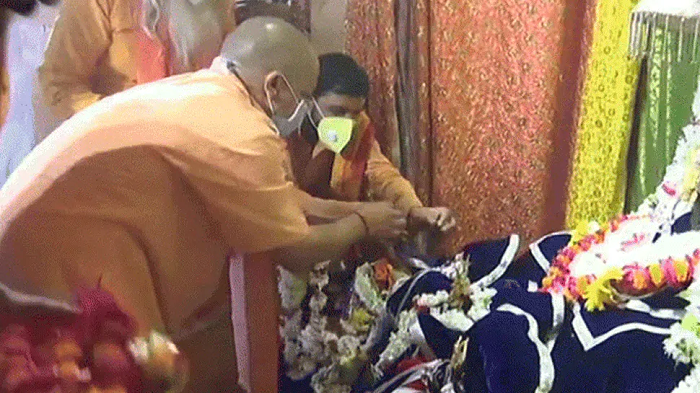New Delhi, Mar 19: Hit hard by coronavirus, budget carrier IndiGo today announced that it will cut salaries of senior employees. IndiGo CEO Ronojoy Dutta, who will himself take a 25% cut in salary, said senior vice presidents and above are taking a 20% pay cut while vice presidents and cockpit crew are taking a 15% pay cut.
With precipitous drop in revenues, the very survival of airline industry is now at stake, Dutta said while announcing the pay cut. "We have to pay careful attention to our cash flow so that we do not run out of cash," Dutta said adding that he knew how hard it was for families to take a cut in "take-home pay".
"With a great deal of reluctance and a deep sense of regret, we are therefore instituting pay cuts for all employees, excluding Bands A and B, starting April 1, 2020," the chief executive officer said. Band A and B are the lowest brackets in salary class, where most of the employees are.
IndiGo's flight operations chief Ashim Mitra had written an email to pilots this morning saying that the economic environment has deteriorated significantly and no airline is insulated from this severe downturn.
"It has become a necessity to initiate some tough calls and we are working on a string of measures that will be shared and implemented over the next few days and weeks," Mitra said.
With countries sealing their borders partially or fully across the world due to the novel coronavirus pandemic, aviation sector has been hit extremely hard as most airlines globally have drastically curtailed their flight operations.
Another budget airline GoAir has already terminated contracts of expat pilots amid curtailed operations due to the coronavirus pandemic.
Citing "unprecedented" decline in air travel, the budget carrier announced it was suspending international operations and offering leave without pay programme to its staff on a rotational basis.
Government-owned Air India may also cut salary of employees by 5% amid its growing financial woes particularly in the wake of the coronavirus pandemic, which has nearly grounded its entire international operations. The reduction will be across the board, according to a PTI report.
The loss-making airline, which is in the process of a second attempt of privatization after failing to get a single buyer nearly two years ago, has already taken some steps such as reduced flying allowances to cabin crew besides withdrawing entertainment allowance to executive pilots, among others.
“Air India is considering a 5 per cent pay cut to its employees as it faces huge financial crisis due to the ongoing coronavirus outbreak, which has brought almost its entire international operations save the US, Canada and a few other markets, to the ground," a source told news agency.








Comments
Add new comment